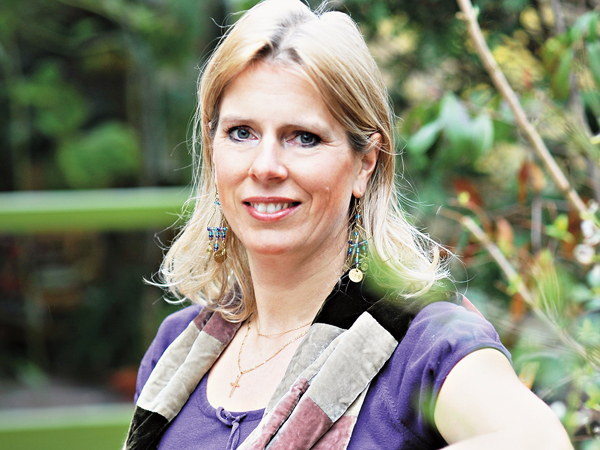In a joint statement, partners working on cities and climate change have laid down the foundations for better-informed city climate action and decision-making, as a result of greater engagement between the policy, practice, and scientific communities working in urban areas.

The document, titled: “The Science We Need for the Cities We Want”, was signed at the recent CitiesIPCC conference hosted by the city of Edmonton, Canada, and brought together some of the world’s leading urban practitioners and researchers.
The Cities & Climate Change Science Conference was co-organised by UN-Habitat, UN Environment, Cities Alliance, C40, ICLEI, Future Earth, the Intergovernmental Panel on Climate Change, the World Climate Research Programme, the Sustainable Development Solutions Network, and United Cities and Local Governments.
In the closing press conference, Diana Ürge-Vorsatz, Vice-Chair of IPCC Working Group III and one of the co-chairs of the conference’s Scientific Steering Committee highlighted the momentum that substantial partnership engagement has awarded the CitiesIPCC initiative moving forward.
“The unprecedented engagement we have seen over the past three days at the highest levels of leadership from around the globe means that this meeting does not end with our departure from Edmonton. We now travel home with a new responsibility to create modalities of science that open the ivory towers of the academic establishment towards more engaged, accessible and actionable knowledge for cities,” said Ms Ürge-Vorsatz.
Better-informed climate decision-making
The partnership also outlines the importance of this research agenda in achieving our wider development goals.
“The milestone CitiesIPCC Cities and Climate Change Science Conference, held in Edmonton, Canada, March 5-7, created enhanced understanding of the impacts of climate change at the urban level, the range of possible responses, and the role of cities in the implementation of the Paris Agreement and other international global agendas,” reads the partnership agreement, endorsed by UN-Habitat and its partners.
“It has laid a foundation for better-informed climate decision-making at the local level as a result of greater engagement between the policy, practice, and scientific communities working on/in urban areas.”
“The main outcome of the Conference is the definition of a global research agenda on cities and climate change that advances climate change science and gives recognition and visibility to the knowledge generated by urban actors.”
In the next few decades the world will produce the same amount of urban space that we have built over the last 2000 years. According to UN-Habitat we will need a transformative approach to planning this space in order to ensure it has a positive impact on our ability to fight climate change.
A truly integrated approach
The fastest urbanisation is happening in the global south, not just in the big cities but mostly in secondary cities, in places with limited capacity and where access to livelihoods and basic services are the daily priority.
In one of the liveliest sessions of the conference, “Informal Settlements and Economies: Means for Transformative Climate Action”, Participants raised questions on incremental mainstreaming, rather than marginalising informal settlements; planning as an instrument of power, because of the implications of planning for various communities; and social mobilisation for confrontation and collaboration.
In addition, cities account for over 70 per cent of energy-related greenhouse gas emissions and are vulnerable hotspots for the impacts of climate change.
“There is no doubt, taking into account the scale, the complexity, the interconnectedness of the issues and the urgency that we collectively need to turn from inward looking actors to outworking looking actors, maximising the added value of what we offer to a truly integrated approach, connecting science, with policy and practice,” said Filiep Decorte, speaking at the conference.
UN-Habitat’s work in this field already explores the nexus between research and practice in this important field. At COP23, UN-Habitat launched Planners for Climate Action, an initiative that brings together associations of urban planning practitioners globally to coordinate and share best practice on climate change planning.
The Planning for Climate Change Guide, launched in 2014, already has over 40,000 downloads; testimony to the fact that planners are trying to absorb how they can plan better to reduce emissions and help guide people from building in harm’s way.
